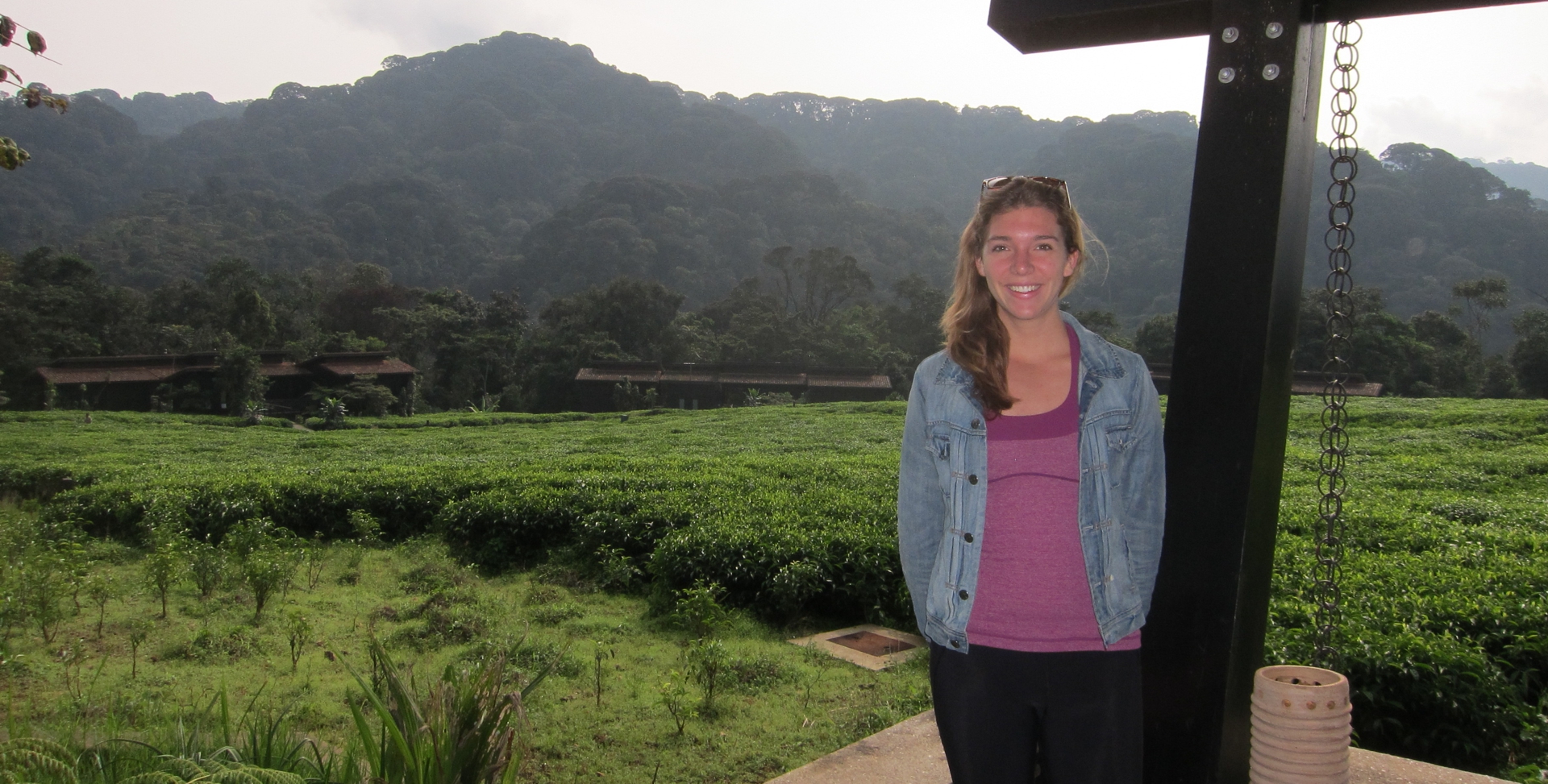Emma Clarke-Deelder was a Research Analyst at Laterite Rwanda in 2013-2014. Since then, Emma worked on global vaccine access in Switzerland and then completed a PhD at the Harvard T. H. Chan School of Public Health. We talked to Emma earlier in May 2021 to catch up with her career developments and plans for the future.
Hello Emma, you joined Laterite as a Research Analyst back in 2013 – what brought you to Rwanda then, and what kind of projects did you work on?
I joined Laterite after finishing an MPhil in Development Studies from Cambridge and an internship at Gavi, the Vaccine Alliance. I was looking for an opportunity to put my research skills to practice – and I found it!
I worked on two main projects: one was the baseline / midline data collection for the evaluation of a World Bank program focused on providing vocational training to adolescent girls who had dropped out of school, the other was the baseline study for a Save the Children initiative on child literacy. I contributed to the design of the quantitative and qualitative survey instruments, supported data collection activities, and, afterwards, worked on data cleaning and analysis.
What was Laterite like, back then?
The team was very small, but there was no shortage of energy and enthusiasm. Everyone was very supportive and passionate about their work. It was exciting to be part of a growing organization that was committed to doing really innovative and impactful research.
And after Laterite, what did you do?
I went back to Gavi, where I joined the Policy & Market Shaping team. I worked on access to health care, specifically to vaccination programs. My work was focused on how to strengthen health systems so that every child has access to vaccines.
From Gavi, you went on to a PhD at Harvard’s School of Public Health. What attracted you to that program? And what did you study?
The Harvard program offered an interdisciplinary environment, where I could learn from specialists in epidemiology, demography, health economics and econometrics.
My thesis was on the design of policies and programs that improve access to high quality health services among underserved populations. I worked on an evaluation of an immunization outreach program in India, a study of postpartum maternal health care in Kenya, and an evaluation of research methods used in health care costing studies.
What did you learn from the Kenya study?
There are many tools and programs in place to prevent complications during and after childbirth, but unfortunately, we are still losing lives to preventable problems, such as postpartum hemorrhage. Why is that? We found that it’s not enough to have facilities, equipment, and trained staff. Even with these things, there can still be major gaps in quality of care. For postpartum hemorrhage, it is really important to improve monitoring in hospitals, especially in the first 24 hours after labor. Developing policies and processes to ensure that new mothers are followed while they recover is essential.
And what did you learn from doing a PhD?
I learned about different methods for designing and conducting research studies to answer different types of questions. Each method has its own advantages and limitations, and requires a set of assumptions. As researchers we need to think carefully about what we can learn from the data we have, and we need to be clear about our uncertainty and the limitations of our approaches.
What’s your next step?
I’m starting a post-doc at the Swiss Tropical and Public Health Institute in Basel. I’m going to continue working on access to high quality health care, using descriptive, experimental, and quasi-experimental methods to study ways to expand the coverage and quality of health care programs.
Emma Clarke-Deelder’s PhD dissertation, Scaling Up Effective Maternal and Child Health Interventions in Low- and Middle-Income Countries, was defended in April 2021.
